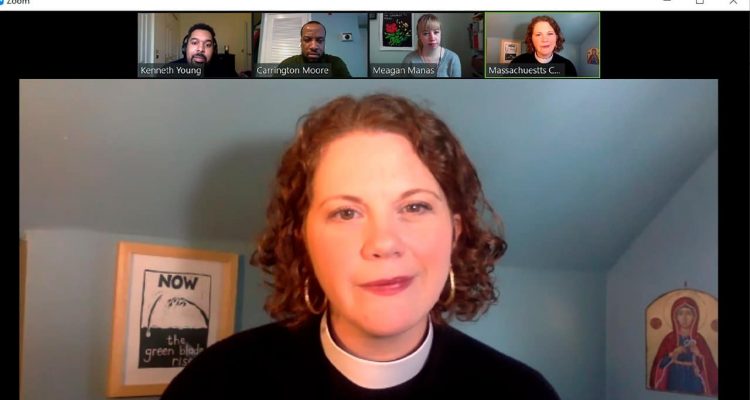On August 14 the California Department of Developmental Services (DDS) released proposed emergency regulations that would allow for “alternative services” to individuals with intellectual and developmental disabilities and their families who are unable to access site-based services due to Covid-19. Additionally, the proposed regulations outlined how regional centers would fund these new services along with processes service providers would need to follow.
According to the DDS, “…the proposed regulations authorize alternative service delivery for nonresidential services and specify requirements for service provider reimbursement. The proposed emergency regulations allow service providers to be creative and resourceful in providing services to consumers, with an emphasis on safety and minimizing the impact of COVID-19 to the consumer.”.
The emergency regulations would take effect September 1 and would replace the current “state of emergency” funding for service providers (state of emergency funding has reimbursed providers for all absences due to Covid-19). The text of the findings and the proposed regulations are below:
In follow-up discussions DDS has clarified the following elements of the proposed regulations:
- DDS is currently evaluating whether monthly average billing should be per client or per service code. Further guidance is forthcoming.
- DDS has contracted with Burns & Associates to determine the average billing per code. The department said they contracted this out to remove that burden on providers and regional centers. Further guidance is forthcoming.
- The rate will take into consideration impacts like minimum wage increases and the recent 8.2% supplemental provider rate increase.
- Providing alternative services is an option, not a requirement. Nor is it all or nothing – providers will be able to provide some services in the traditional way and some in the new alternative delivery methods. Further guidance is coming.
- Service providers will have to complete a certification process, but DDS is working with regional centers to try to streamline the process.
- Service providers will NOT have to conduct meetings with each client prior to September 1. The department does want a meaningful and individualized planning process to occur for each client, but they are asking for suggestions of a reasonable time frame and are starting with a 60 day presumption. Further guidance is forthcoming.
- Offering alternate services is not meant to minimize the importance of in-person services or to discourage in-person when it is safe and appropriate.
- This structure is time-limited, not necessarily forever but could change how services are provided in the future.
- Service providers and regional centers are strongly encouraged to keep records of all costs.

